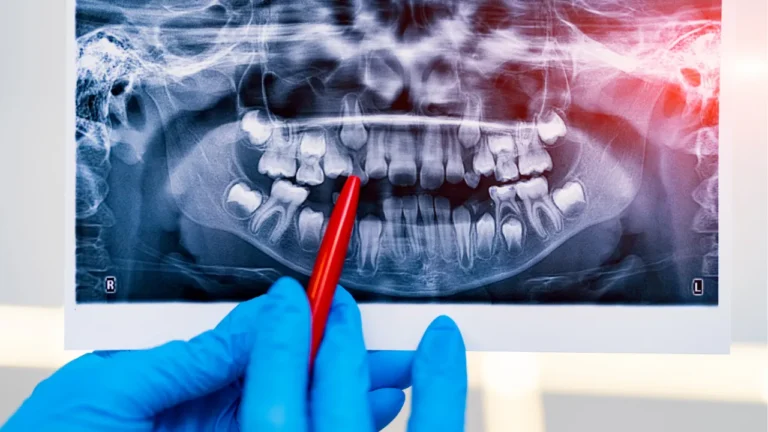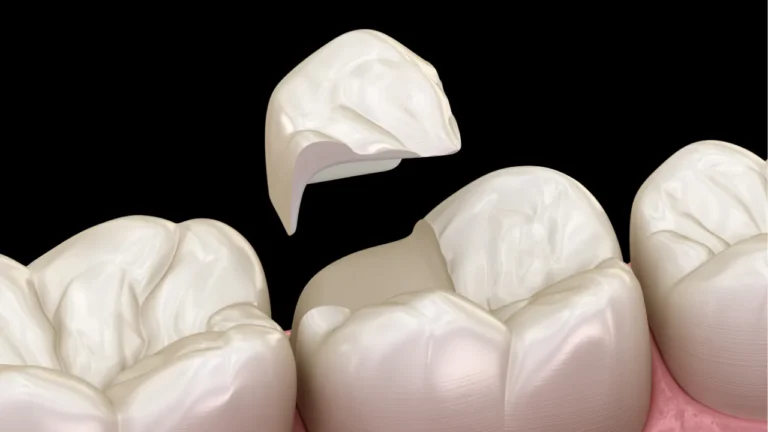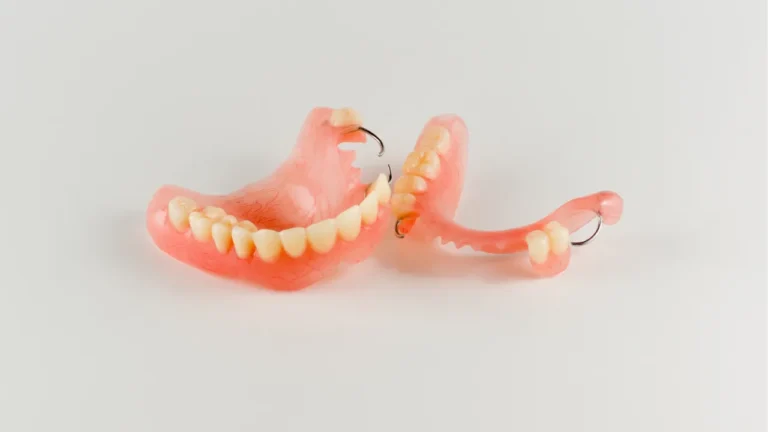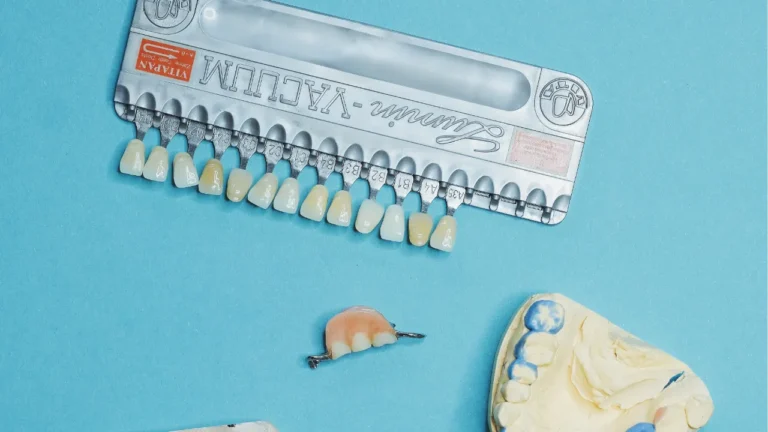Maintaining good oral health is essential for keeping your teeth and gums healthy.
While regular brushing, flossing, and dental checkups are key components of oral hygiene, sometimes they aren’t enough to prevent gum disease or other oral health issues.
This is where deep cleaning comes in.
When is Deep Cleaning Necessary?
Deep cleaning is often recommended when signs of gum disease or other oral health issues are present. Here are some common situations where deep cleaning may be necessary:
1. Signs of Gum Disease
The primary reason for deep cleaning is to treat gum disease. You may need a deep cleaning if you experience the following symptoms:
- Bleeding Gums: Gums that bleed easily, especially when brushing or flossing, can be an early sign of gum disease.
- Swollen or Tender Gums: Inflammation and tenderness in the gums are clear indications of potential gum disease.
- Receding Gums: Gums that are pulling away from your teeth, creating pockets where bacteria can accumulate, may require deep cleaning.
- Persistent Bad Breath: Chronic bad breath that doesn’t improve with regular brushing and flossing could be a sign of an underlying issue that requires deep cleaning.
2. Plaque and Tartar Buildup
Even with diligent oral hygiene, plaque and tartar can accumulate over time, especially below the gum line. This buildup can’t be removed by brushing alone and needs professional cleaning to prevent the progression of gum disease.
3. After Periodontal Treatment
If you’ve previously been treated for periodontal disease, your dentist may recommend deep cleanings as part of your ongoing maintenance plan to prevent the disease from returning.
4. Preparation for Certain Dental Procedures
In some cases, deep cleaning is necessary before undergoing procedures like dental implants or braces. Ensuring your gums are healthy is crucial for the success of these treatments.
What Are the Benefits of Deep Cleaning?
Deep cleaning provides several benefits that go beyond regular dental cleanings. Here’s why it’s worth considering:
- Prevents Gum Disease: By removing plaque and tartar buildup below the gum line, deep cleaning helps prevent gum diseases like gingivitis and periodontitis.
- Reduces the Risk of Tooth Loss: Advanced gum disease can lead to tooth loss if left untreated. Deep cleaning can help reduce this risk by maintaining gum health.
- Improves Overall Oral Health: Deep cleaning removes harmful bacteria that can cause gum infections and other oral health issues.
- Fresher Breath: Eliminating bacteria and plaque buildup can help reduce bad breath and leave your mouth feeling fresher.
- Prepares for Dental Procedures: Healthy gums are essential for successful dental treatments like implants, braces, and cosmetic procedures.
Deep cleaning procedure
Understanding what to expect during a deep cleaning can ease any concerns you may have. The process typically involves the following steps:
1. Examination and Diagnosis
Your dentist or dental hygienist will first examine your mouth to determine the extent of plaque and tartar buildup. X-rays may be taken to assess the health of your gums and bone structure.
2. Anesthesia
Local anesthesia may be applied to numb the area being treated. This helps ensure your comfort during the procedure.
3. Scaling
The first step in the deep cleaning process is scaling. Your dentist will use specialized tools to remove plaque and tartar from the surface of your teeth and below the gum line.
4. Root Planing
After scaling, root planing is performed to smooth the roots of your teeth. This helps eliminate remaining bacteria and prevents future plaque buildup by making it harder for bacteria to adhere to the roots.
5. Aftercare and Recovery
Following a deep cleaning, you may experience some sensitivity and gum soreness. Your dentist will provide aftercare instructions, which may include using a special mouthwash, avoiding certain foods, and following a thorough oral hygiene routine.
Aftercare and follow-up
After a deep cleaning, it is important to follow the dentist’s instructions for aftercare.
This may include avoiding hard or sticky foods, using a soft-bristled toothbrush, and using mouthwash to help prevent infection.
Follow-up appointments may be necessary to monitor progress and maintain oral health.
Take away
Deep cleaning is a necessary treatment when signs of gum disease or other oral health issues are present.
The benefits of deep cleaning include preventing gum disease, reducing the risk of tooth loss, and improving overall oral health.
The procedure involves scaling and root planing, and proper aftercare is crucial to maintain your results.
If you are experiencing signs of gum disease or other oral health concerns, schedule a deep cleaning appointment with Every Smile Dentistry today.
Our experienced team is here to help you achieve and maintain a healthy, beautiful smile.







